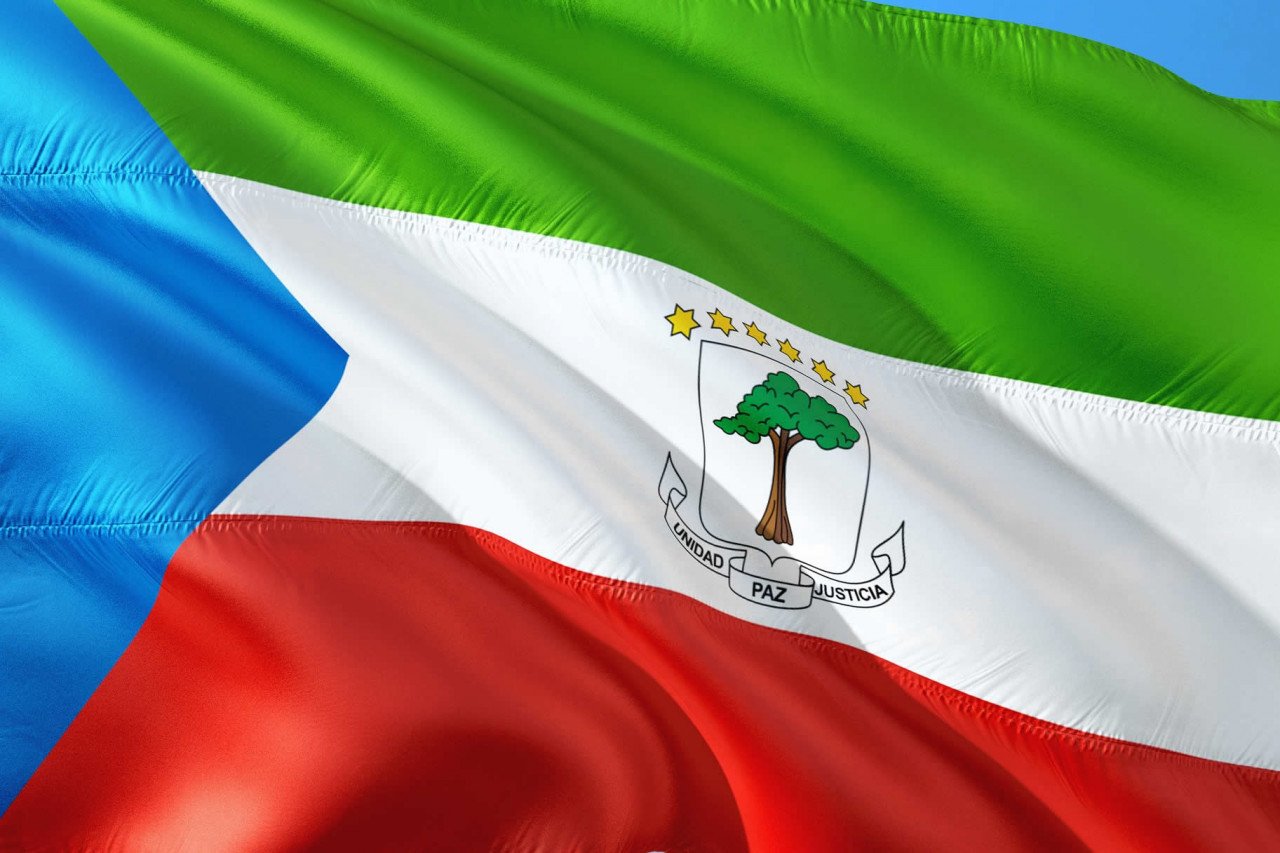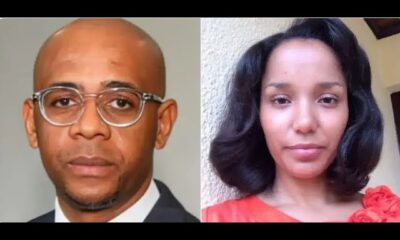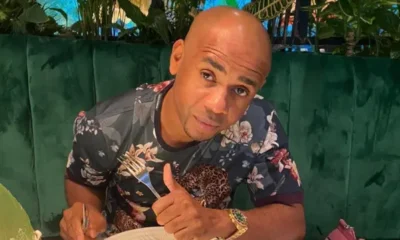Blog
Diversity of 30 ethnic groups in Equatorial Guinea

Equatorial Guinea is characterized by a rich tapestry of cultural diversity, with over 30 ethnic groups contributing to its unique identity.
Each group brings its own traditions, languages, and beliefs, enriching the nation’s cultural landscape.
Here are the list of 30 ethnic groups in Equatorial Guinea
Fang
The Fang people are the largest ethnic group in Equatorial Guinea, predominantly found in the mainland region of Río Muni. Known for their vibrant cultural traditions, the Fang engage in various agricultural practices and have a rich oral tradition expressed through music and dance. Their language, Fang, is widely spoken and belongs to the Bantu language family. The Fang community also embraces a blend of traditional religions and Christianity, reflecting their adaptability and resilience.
Bubi
On Bioko Island, where the capital city of Malabo is located, the Bubi people form a significant part of the local population. They have a distinct cultural identity closely tied to the island’s history and geography. The Bubi engage in agriculture and fishing, and their rich oral traditions are complemented by ceremonies that honor their ancestors. The Bubi language, also a Bantu language, plays a crucial role in their cultural expression, and many in the community continue to practice their traditional beliefs alongside Christianity.
Ndowe
The Ndowe people, primarily found in the coastal regions and around Corisco Island, are known for their maritime culture. Relying heavily on fishing and trade, the Ndowe have a unique language and a belief system that emphasizes a strong connection to nature and ancestral worship. Their cultural practices reflect this close relationship with the sea, as well as their rich traditions that have been passed down through generations.
Bubis
While similar to the Bubi, the Bubis are considered part of this larger ethnic group, sharing cultural practices that center around agriculture, fishing, and oral storytelling. Their traditions include vibrant ceremonies and festivals that celebrate their heritage, reinforcing their identity and community ties.
Basaa
The Basaa people are primarily located in the mainland region of Equatorial Guinea and are known for their rich cultural traditions, which encompass music, dance, and craftsmanship. Engaged mainly in agriculture, the Basaa maintain their indigenous language, which is vital to their cultural identity and community cohesion.
Kpelle
The Kpelle people are another ethnic group primarily found in the mainland area. Known for their distinct cultural practices, they are involved in agriculture and trade, with vibrant music and dance playing a significant role in their communal celebrations. The Kpelle have their own language, further highlighting their unique identity.
Efe
The Efe people, though smaller in number, primarily inhabit coastal regions and engage in fishing and agriculture. They have their own language and cultural practices that are essential to their community identity, emphasizing their connection to the land and sea.
Teke
The Teke people mostly inhabit the northern regions of Río Muni and are known for their strong communal ties and rich cultural traditions. Their unique music, dance, and art forms are significant aspects of their identity. The Teke community practices a mix of traditional beliefs and Christianity, further enriching their cultural landscape.
Mbete
Primarily found in the northern and western regions of Equatorial Guinea, the Mbete people are recognized for their agricultural practices. Their rich cultural heritage includes traditional rituals and communal gatherings that reflect their deep-rooted customs and values.
Annobonese
The Annobonese people, residing on Annobón Island, have a distinct cultural identity influenced by both African and European traditions. Engaging primarily in fishing and farming, their customs are unique to the island, showcasing a blend of historical influences.
Efik
The Efik people are located in various coastal regions and have a culture characterized by their traditional beliefs, music, and dance. Their involvement in agriculture and fishing emphasizes their connection to the land and sea, further shaping their cultural identity.
Bioko
The Bioko people, encompassing several smaller groups on Bioko Island, exhibit a rich diversity in traditions and languages. Each sub-group has its own unique practices that reflect the island’s geography and resources, contributing to the overall cultural richness of Equatorial Guinea.











